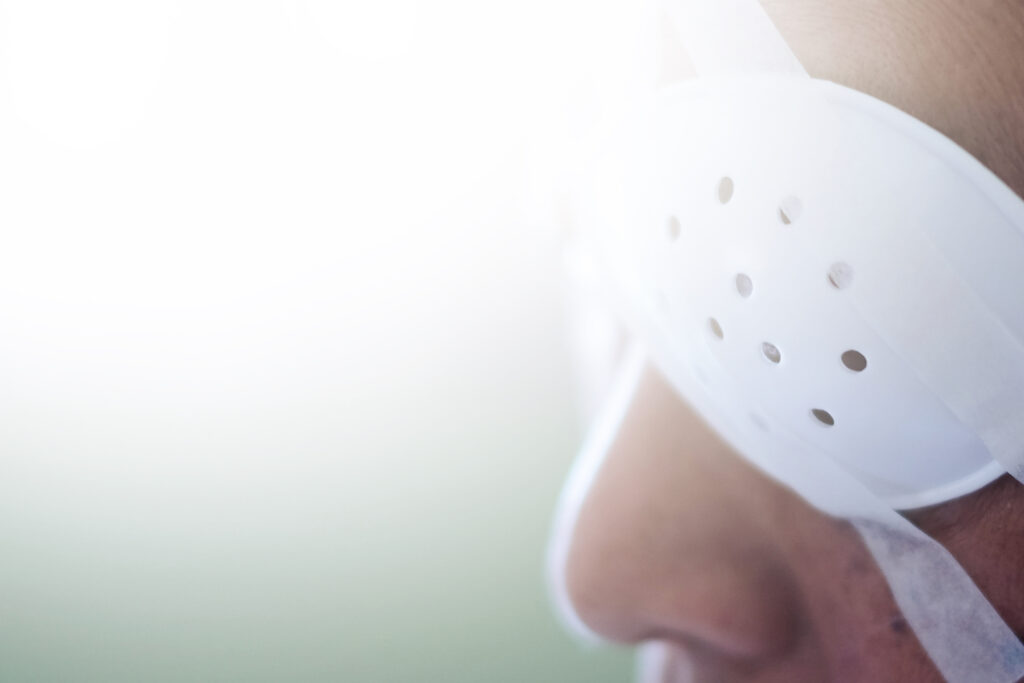
Cataract surgery restores clear vision and prevents cataracts from recurring by replacing the natural lens of the eye with an artificial intraocular lens (IOL). While it is very safe and carries a low risk of complications, proper post-surgery care is crucial to healthy recovery.
To help you heal quickly and achieve optimal results, keep reading to discover ten tips for a smooth recovery after cataract surgery.
1. Closely Follow Aftercare Instructions
Your eye surgeon or ophthalmologist will provide detailed aftercare instructions, including how to use prescribed eye drops, when to schedule follow-up appointments, and any restrictions. Following these instructions closely can help prevent complications and ensure proper healing.
2. Use Prescribed Eye Drops as Directed
Antibiotic and anti-inflammatory eye drops help reduce swelling, prevent infection, and promote healing, and must be used according to their prescribed schedule. You should always wash your hands before applying drops and prevent the dropper from touching your eyes to avoid contamination.
3. Avoid Rubbing or Touching Your Eyes
While your eyes might be sensitive after surgery, rubbing or touching them can cause irritation and infection and compromise healing. If you experience eye discomfort after surgery, you may find relief with lubricating eye drops, as recommended by your surgeon or ophthalmologist.
4. Wear a Protective Shield
For at least the first few days after surgery, it is advisable to wear a protective eye shield, especially when outside or sleeping. An eye shield protects your eyes against harmful UV exposure and prevents accidental rubbing or pressure on your eyes while you sleep.
5. Keep Water and Soap Away from Your Eyes
You should avoid getting water and soap in your eyes while washing your face or bathing, as contaminated water can introduce bacteria and lead to infections. You should use a washcloth to gently clean your face and keep your eyes closed as much as possible when bathing.
6. Avoid Strenuous Activities
Until cleared by your surgeon or ophthalmologist, you should avoid strenuous activities like heavy lifting, bending over, or vigorous exercise, as they can increase intraocular pressure. Light activities, like walking and gentle stretching, are generally acceptable.
7. Avoid Swimming and Hot Tubs
Pools, hot tubs, and natural bodies of water contain chemicals and contaminants that can irritate the eyes and cause infection. Do not go swimming or sit in a hot tub until your eye surgeon or ophthalmologist has advised you that it is safe.
8. Watch Out for Unusual Symptoms
Mild discomfort, slightly blurry vision, and sensitivity to light are all typical side effects of cataract surgery and gradually disappear as the eye heals. However, if you experience signs of a complication, including severe pain, sudden vision loss, increased redness, or excessive swelling, you should contact your surgeon or ophthalmologist immediately.
9. Adjust to New Vision Gradually
Your vision may fluctuate for the first few days or weeks after surgery as your eye adjusts to the new IOL. Be patient and use corrective eyewear as needed to give your eye the time it needs to adapt.
10. Attend All Follow-Up Appointments
It is important to attend all of your scheduled follow-up appointments so that your surgeon or ophthalmologist can check that your eye is healing properly. These appointments help detect any early signs of complications and ensure that your recovery is progressing as it should.
Following these ten tips can make recovery from cataract surgery smooth and easy. With proper care, most people quickly recover from cataract surgery and enjoy significantly clearer, sharper vision for many years.
Do you want to learn more about recovery from cataract surgery? Schedule a cataract evaluation at Fichte, Endl & Elmer Eyecare in Buffalo, NY, today!



